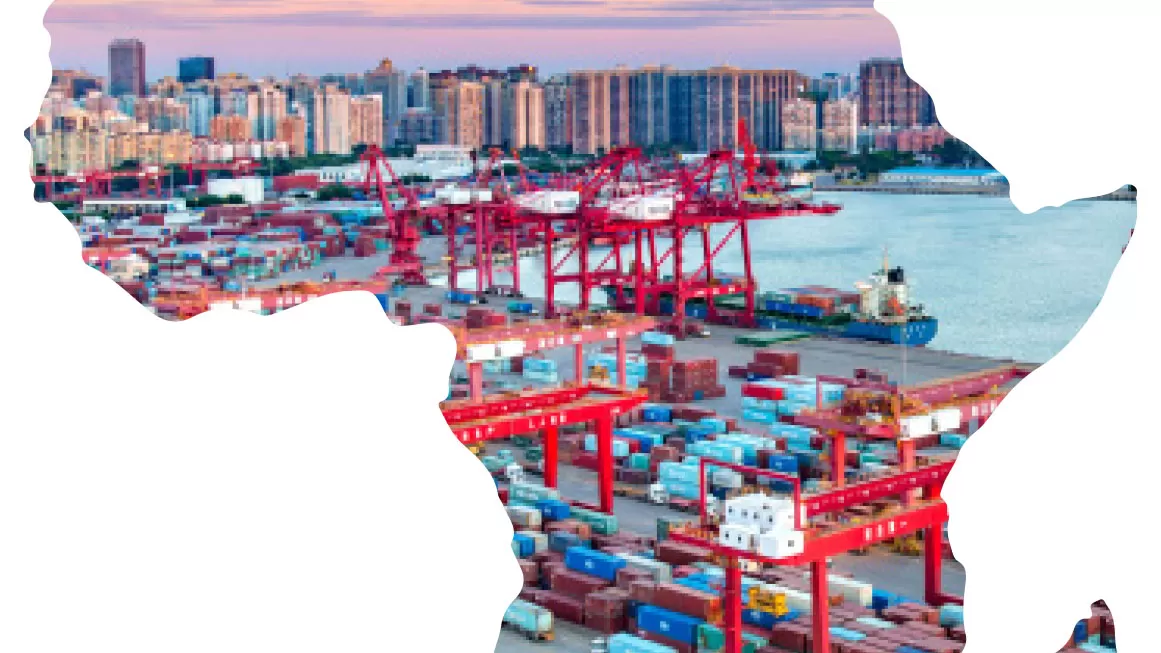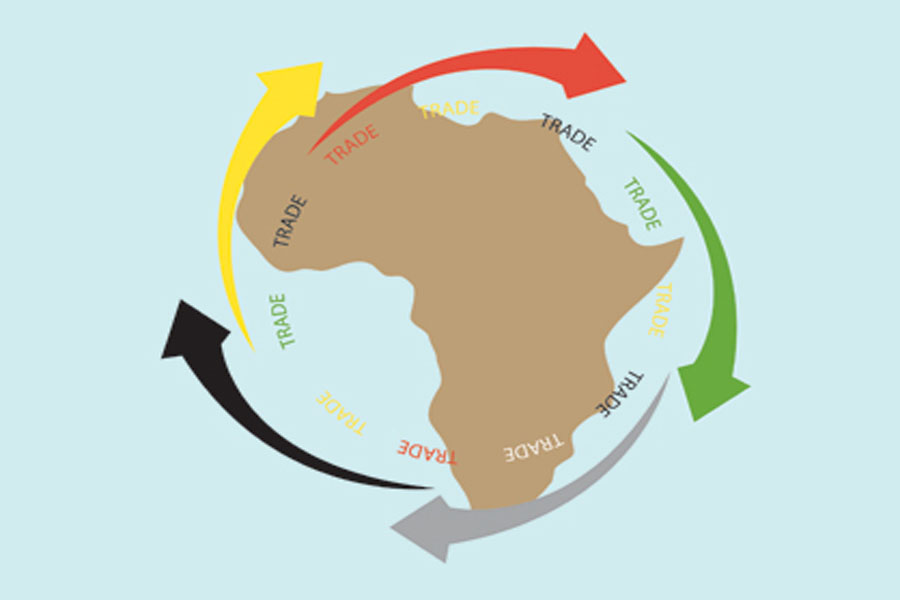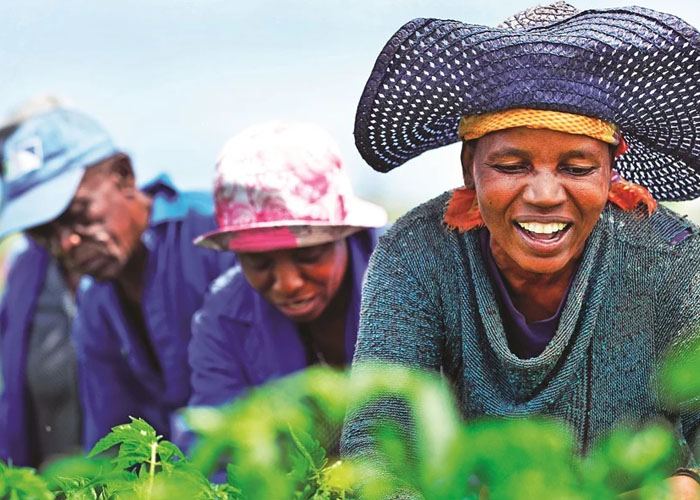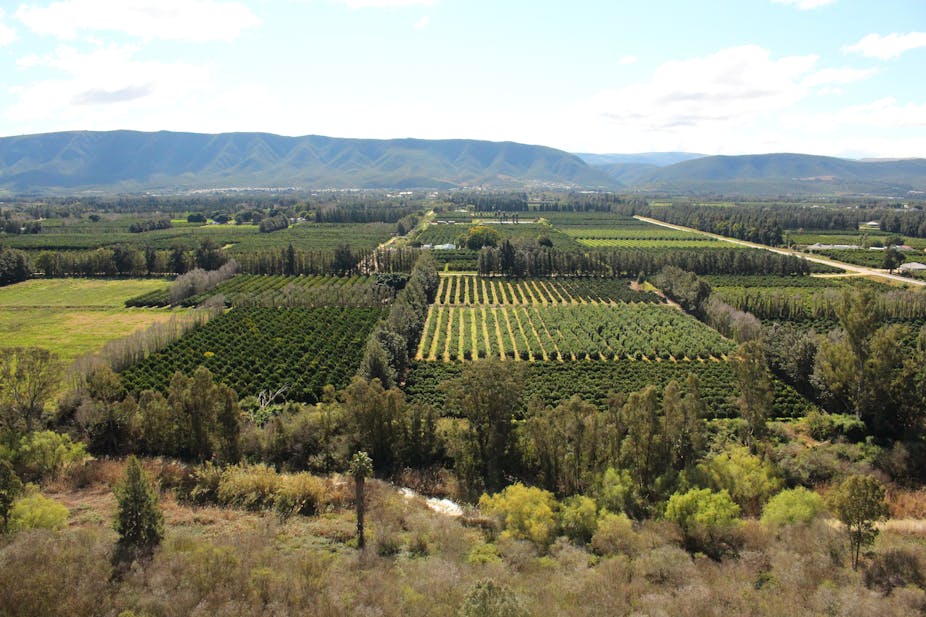WHAT MORE TO DIGEST . . .
ARGUMENT

The obsession with economic nationalism in Africa gives way to liberalization, argues an op-ed published in Reason. In a decade, the AfCFTA 90pc of tariffs on goods traded between member states will be abolished. By 2035, the World Bank predicts that this enormous liberalization effort will boost Africa's gross domestic product by 450 billion dollars, increase wages for both skilled and unskilled workers by 10pc, and lift more than 30 million people out of extreme poverty, defined as living on less than 1.90 dollars a day.
COUNTER-ARGUMENT

Here is a sharp critic of Africa’s lack of preparedness for a free trade regime. The AfCFTA has values of economic inclusiveness, broad-based empowerment, property rights and the rule of law. Therein lies part of the problem, argues this writer. On a continent dominated by autocratic regimes run by rapacious cronies and cartels who thrive on the status quo, the AfCFTA is more likely to be honored in the breach. The trade pact is everything these regimes so passionately and violently despise, yet they are the ones to be counted on to implement it.
CHECK

Close to 1.4 billion dollars in consumer spending, with a combined GDP of 2.6 trillion dollars; 50pc of the African population will be urbanized in a decade; and, 1.1 billion will be of working age in two decades. But last year, the number of households with disposable household income passed 128 million dollars. What is holding the continent back from realising the promise of free trade?
LEARN

The difference in the size of economies between the African countries signed up for a continental free trade deal is often cited as a challenge to implement AfCFTA. Not for Wim Naude, a professor of economics at the Cork University Business School in Ireland. In this interview with IndepthNews.com, he argues it is “precisely because economies are different, trade is even more important to achieve gains in welfare.”
GUIDE
Speaking to the South African Mail & Guardian; two experts provide a rundown on the African Continent Free Trade Area (AfCFTA). Trudi Hartzenberg, executive director of Tralac, and Professor Gerhard Erasmus, founder of Tralac, University of Stellenbosch. The share of trade between African countries represents only 16pc. The rest go to the rest of the world, making AfCFTA a helpful instrument. The considerable difference between countries that signed up to AfCFTA makes the process of implementation, “extremely difficult,” say these experts.
FEAST
What does free trade mean for the largest demographic groups in Africa, women and youth? This document tries to answer this, produced in partnership between the African Union and the UNDP.





